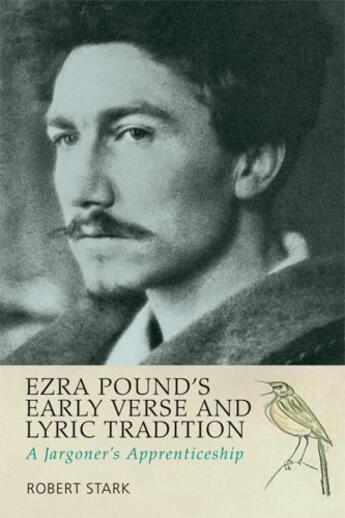-
Nombre de pages : (-)
-
Collection :
(-)
-
Genre :
(-)
-
Thème :
Non attribué
-
Prix littéraire(s) :
(-)
Résumé:
Traces the lyricism and musicality in Pound's early verse through to his radical Modernist style. Robert Stark argues that Pound learned how to write poetry more or less as if it was a foreign tongue - or poetic 'jargon' - with a unique lexicon, grammar, and even morphology, and that his most... Voir plus
Traces the lyricism and musicality in Pound's early verse through to his radical Modernist style. Robert Stark argues that Pound learned how to write poetry more or less as if it was a foreign tongue - or poetic 'jargon' - with a unique lexicon, grammar, and even morphology, and that his most innovative poetry is the result of his ambivalent orientation towards different European literary traditions.Stark contextualizes Pound's poetic craft by examining his relationship to the Mediaeval and Classical originators of the methods he employs and by considering the practice and criticism of his immediate Victorian and Romantic predecessors. He explores the influence of poets such as Francois Villon, Guido Cavalcanti, Robert Burns, Robert Browning, Algernon Charles Swinburne and Walt Whitman on Pound's lyrical style. For Stark, Pound's multi-vocalism arises out of his interest in dialect and the acoustic qualities of speech which leads to a 'modern' barbarous language marked by polysemy and heterogeneity.
Donner votre avis















